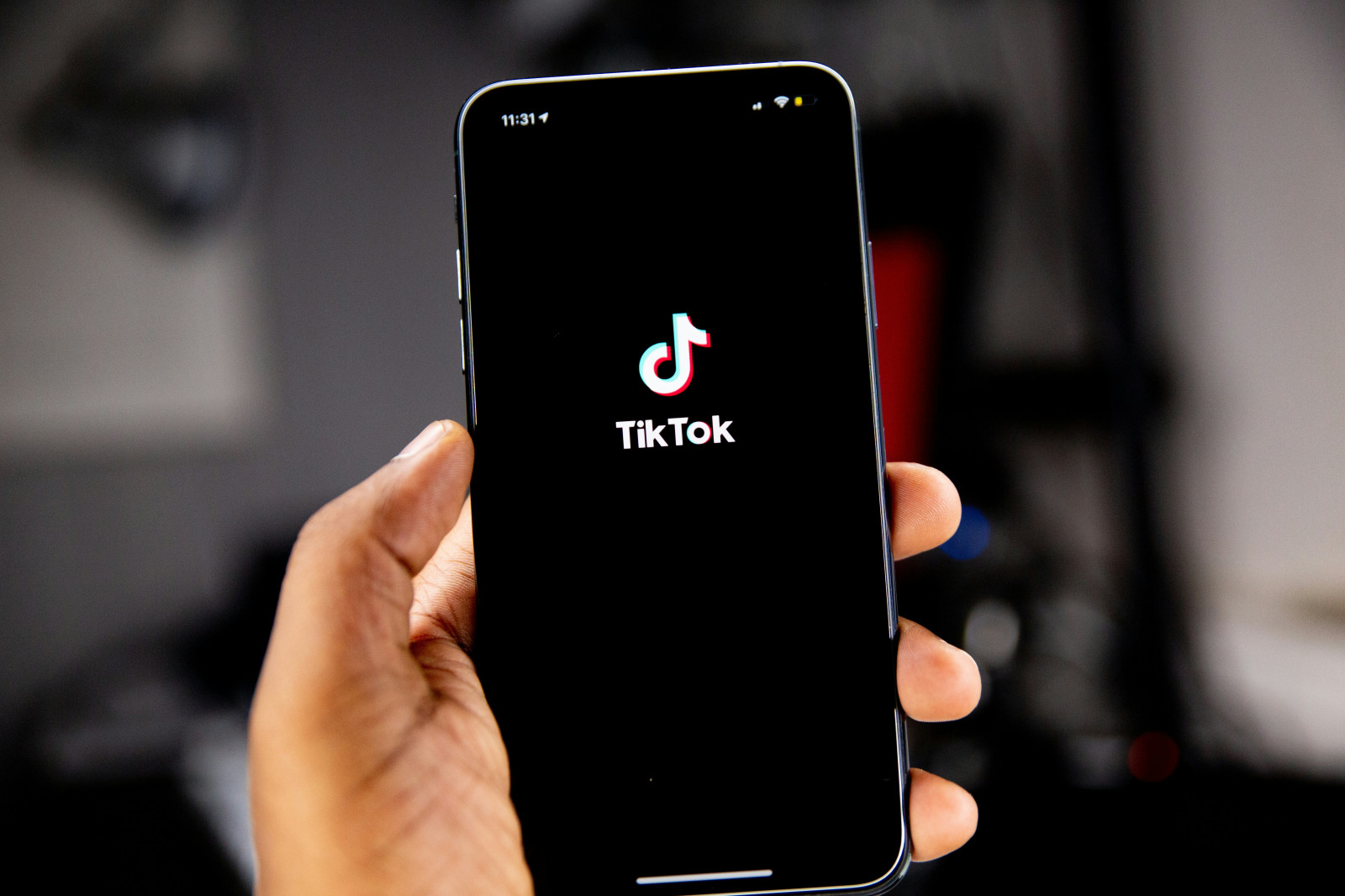What is at stake in the TikTok-UMG showdown

Photo: Solen Feyissa

Music’s biggest on-again, off-again relationship just took a turn for the ugly, as Universal Music Group is pulling its music off TikTok. We have seen this movie before: Every time the music industry negotiates licenses with social platforms, the battle boils down to a question of who needs the other more. TikTok says it is offering a “free promotional and discovery” vehicle that artists cannot afford to lose. UMG says TikTok would not exist without music and, this time, is keen to prove it. But this story also comes with new twists in the old “value gap” debate.
The “value gap” widens
The difference this time is that TikTok is about much more than marketing. It is becoming a form of music consumption in its own right, and one that competes more directly than ever with time spent streaming music. It is becoming increasingly difficult for TikTok to claim that exposure is payment enough. This is the so-called “value gap" between the high amount of music activity on social platforms and their comparatively low contributions to music industry revenue. This debate began with YouTube, is currently about TikTok, and sets the tone for the future. As social video continues to grow and constitute its own form of consumption — not to mention becoming a space for fan remixing and re-creation — the value gap is widening. Should fan remixes, use of vocal models, and other emerging use cases really be categorised as exposure?
Featured Report
Splice x MIDiA Sounds of 2026 House on the rise
We zoom in on the trends and microtrends driven by the music industry’s biggest fans and most influential tastemakers: creators. Turn page after page of trends unfolding in real-time and see how Splice’s dataset is the barometer for the state of music today.
Find out more…The house always wins (or does it?)
The irony is that UMG gets what it wants whether TikTok concedes or not. The company’s grand plan to reassert control over a changing music industry is becoming clearer. Its new licensing regime, while purportedly “artist-centric,” is really about managing the impact of the fast-growing long-tail and the streaming subscription slowdown. Whether intentional or not, it will move a new generation of music creators to focus a bit less of their time and energy on streaming, instead driving them to TikTok and other user-generated content platforms where they can interact directly with their fans. Over time, this turns streaming platforms into hubs for the establishment while social platforms become hubs for independents, long-tail creators, and their fans to “play”. UMG now removing its music from TikTok only widens the wedge, separating UMG and other major-label artists from the rest of the industry. So, even if TikTok does not cave, UMG gets what it wants: to draw a line in the sand.
There is a cost to this approach. Platforms such as TikTok are increasingly the spaces where fandom and cultural capital are built, and where new generations consume and create music. UMG clearly recognises this, as it is why they are seeking to extract greater value from TikTok in the first place. If UMG’s absence from TikTok is prolonged, its current roster of stars will probably be fine. However, by removing itself from the pack, the company risks falling out of sync with the next generation of artists and their fans.
Artists are the collateral damage
The sad truth is that artists and songwriters are no better off. Just as with streaming, more money from TikTok could result in meaningful revenue for UMG, but still only measly payments for individual artists and songwriters (especially if payments continue to be made as lump sums rather than on a per-stream basis). Moreover, while UMG’s superstars will be fine, its smaller, perhaps newly-signed artists just lost a crucial promotion and discovery platform. As Future Music Coalition pointed out, the battle does not bode well for independents either: “If UMG can’t get a fair deal, what hope do indie artists have?” It is clear that artists and songwriters are not receiving enough for the use of their music on both streaming and social media platforms. But make no mistake, the initiatives so far are doing much more for the companies in charge than for the creators themselves.

There are comments on this post join the discussion.